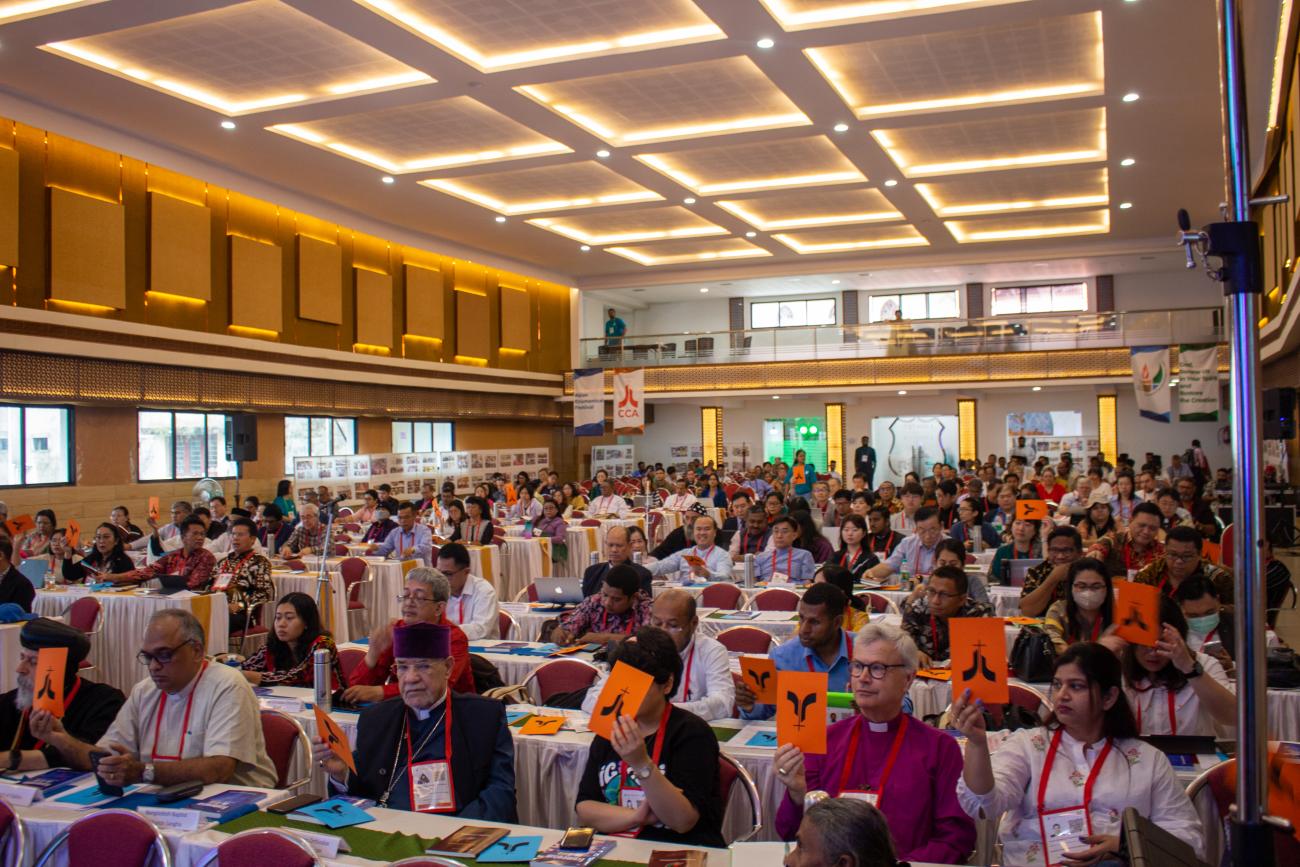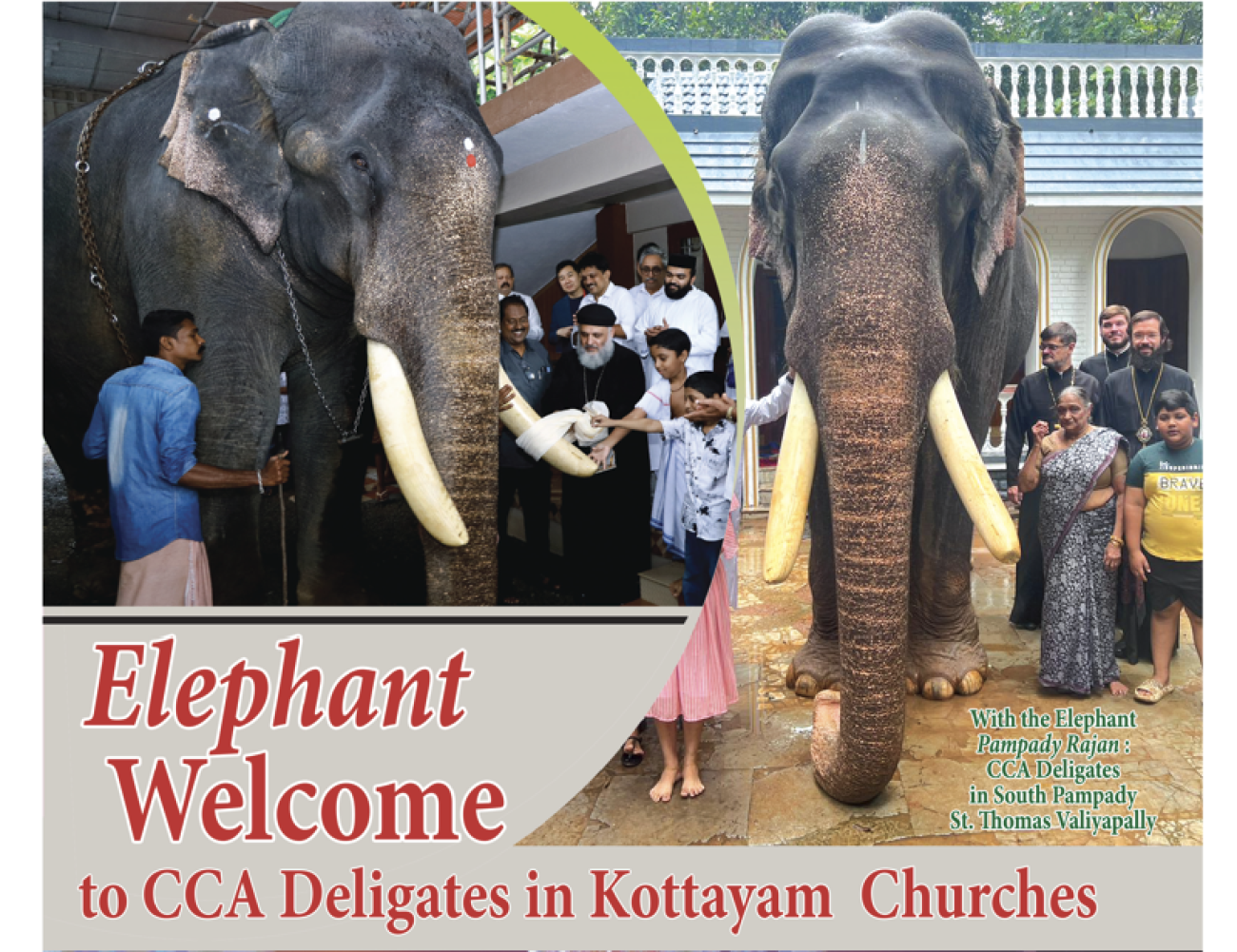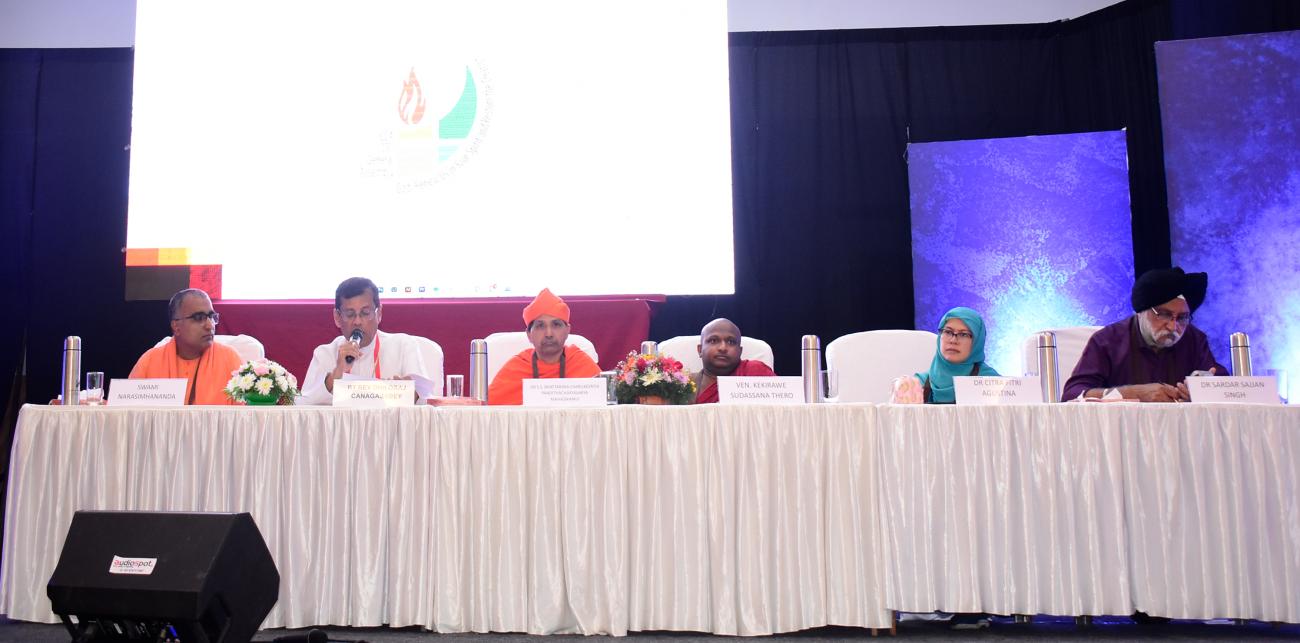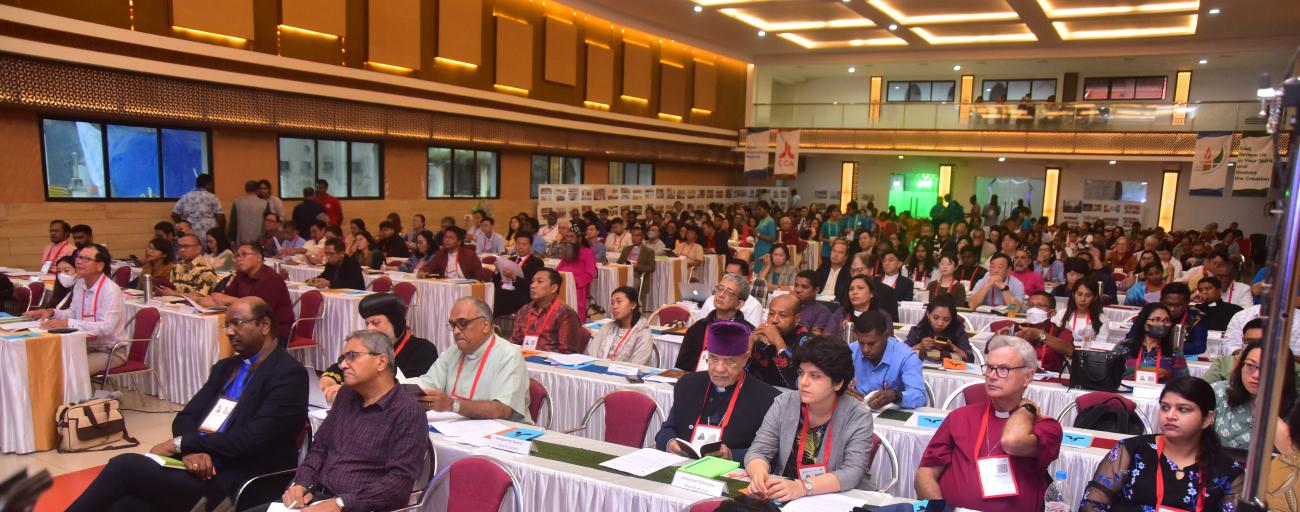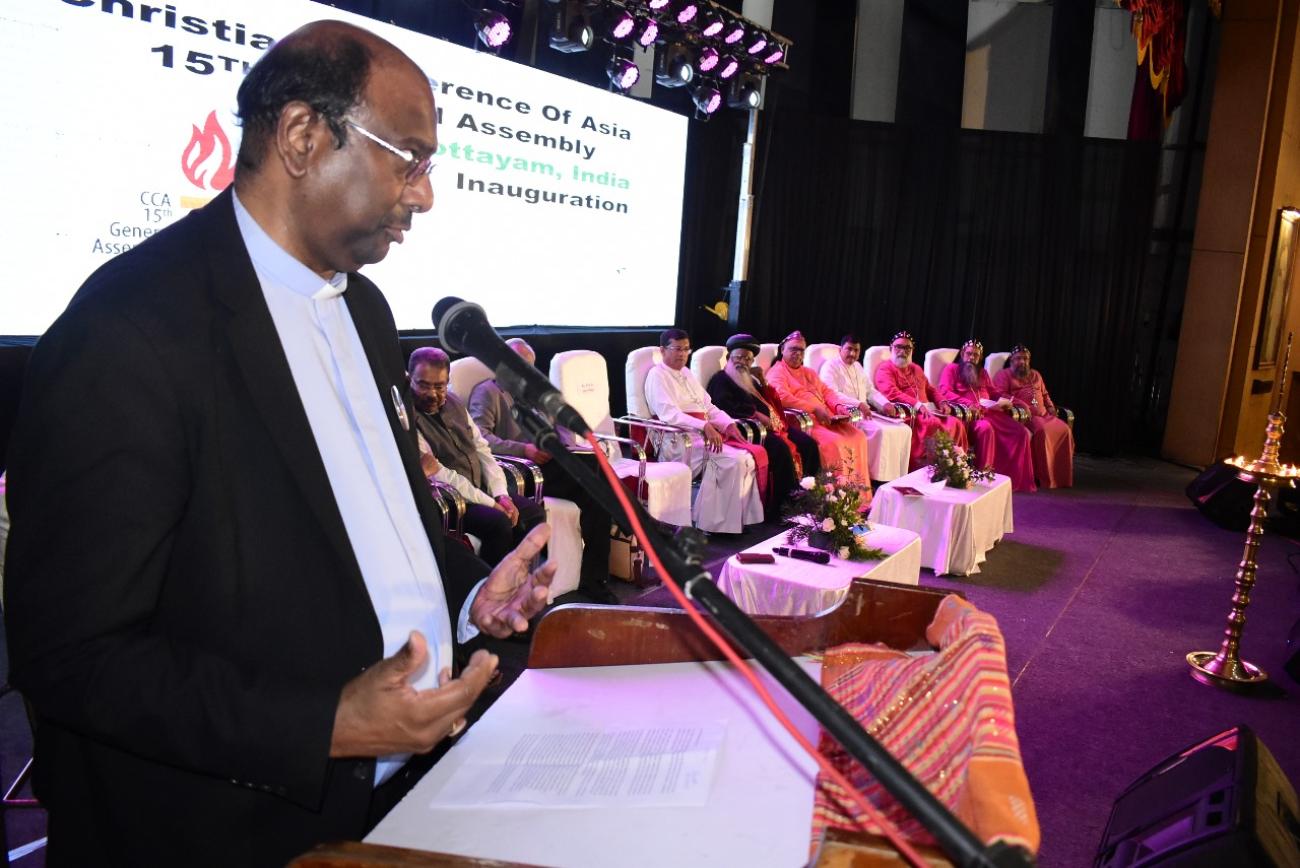Positive support

SCMP - Wednesday, January 28, 2004
STAN HENSON
China's victims of HIV/Aids took heart last month when Premier Wen Jiabao shook hands with one of their number. But according to Thomas Cai, founder of AidsCare China in Guangzhou, much more needs to be done. "The government still has no active response to the problem and the figures are still much too conservative," he said. "The problem should be recognised not just on Aids Day, but all the time, like Sars."
According to Mr Cai, Beijing is still prepared to deal with the problem only at the most superficial level, despite Mr Wen's handshake. By the time a national campaign filters down to the provincial level, local officials have little idea how to deal with the problem at its roots. HIV/Aids discrimination is chronic. In a recent example, a three-year-old HIV-positive girl was placed in a Guangzhou orphanage after she had witnessed her mother leap to her death from a building and had no family to look after her. "When the orphanage found out that she was HIV positive, they put her in a separate room from the other children and their only contact with her was at meal time when they fed her, even though she needed love, care and contact," said Mr Cai.
Mr Cai himself tested positive for HIV in 2000. After he was told the news, he had no idea what to do. He did not dare tell his family and there was no counselling or follow-up programme at the hospital. "After doing some research, however, I realised that I could survive," he said. He found a doctor on the internet who helped him with leads for anti-retroviral medication that he could buy from India at only 10 per cent of the 8,000 yuan a month which the same drugs cost in China. In 2001, he founded AidsCare China and started a website for Aids patients, called Aids Forum, which now gets about 500 hits a day. He also visits hospitals to boost patients' morale. "An HIV-positive friend can often be the best source of support," he said. "When I found out I had tested positive, I thought a painful death would result."
HIV/Aids education is still rare in China, where the disease may warrant two hours in a six-year medical programme, and there is virtually no Aids education in middle schools or at university level. Recently, after a three-day workshop for hospital staff, held in conjunction with the Guangdong Centre for Disease Control, Mr Cai concluded: "They still want to treat patients as people that should be punished and quarantined."
Last month, AidsCare China held its first Aids Day event at Sun Yat-sen University. After statements of support from the American and British consuls-general in Guangzhou were read to the audience, a panel including Mr Cai, a doctor and a university professor discussed before a university-wide audience the issues of HIV/Aids education and the stigma attached to the disease.
Although AidsCare China is not registered as a non-governmental organisation, it receives tacit support, including office space, from the Guangzhou government. Funding is a constant challenge, although it does receive some money from the United Nations Development Programme and the occasional contribution from expatriate charity organisations.


